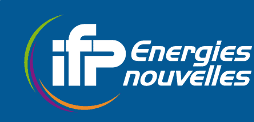Feasible set estimation under functional uncertainty by Gaussian Process modelling
Résumé
In this paper we deal with the estimation of a feasible set defined by an inequality constraint on the output of a time-consuming black-box simulator. We focus on the setting where the black-box
simulator takes as inputs both a set of scalar controlled variables and a functional uncontrolled
variable. We then place ourselves in a probabilistic framework, modelling the functional uncontrolled variable by a random process. The inequality constraint is formulated as the expectation of the output of the simulator conditional on the values taken by the set of controlled variables.
We propose an original method to solve the above feasibility problem with a reduced number of
evaluations of the costly simulator. A Gaussian Process model of the simulator is learned in the
joint space of controlled and uncontrolled input variables, on the basis of a set of simulations which is enriched through a sequential procedure. This procedure aims to reduce the estimation error of the feasible set by evaluating the simulator on new points chosen sequentially in the joint input space according to specific enrichment criteria. It involves as a preliminary step the reduction of the dimension of the uncontrolled input space. A variation of this strategy is also proposed, which increases adaptively the dimension of the reduced space, leading to an improvement in terms of number of calls to the simulator. The procedure we propose is compared with other sampling procedures and another modelling approach on analytical examples. Finally our methodology is implemented on an automotive industrial application. For this application, the feasible set to be recovered is the set of values of controlled variables of a gas after-treatment device leading to the respect of pollutant emission standards of a vehicle under driving profile uncertainties.
Origine : Fichiers produits par l'(les) auteur(s)
